Commercial Property Investment Continues to Thrive in 2019
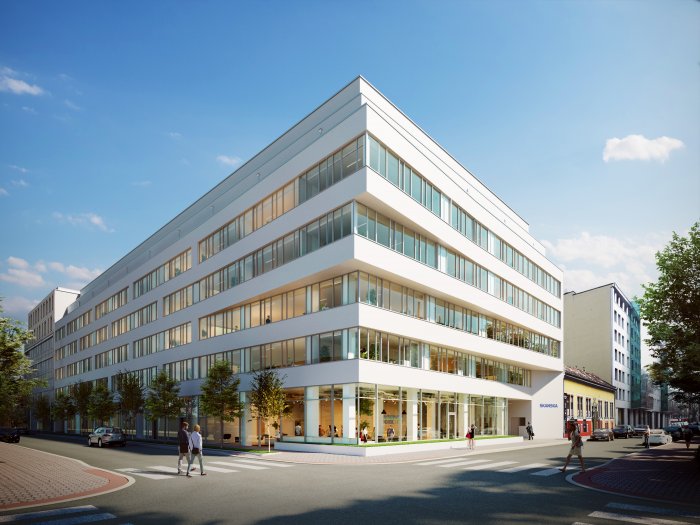
Deals have been concluded in the office, retail, industrial and hotel market sectors, with analysts forecasting that the total volume of transactions for the year could amount to around EUR 1.5 billion.
Nordic Light Trio
With demand for investment assets far higher than supply, asset owners have the option of holding onto their products so that they are able to exit at a time of their choosing with multiple bids from a wider diversity of both international and domestic investors.
In response to market demand, developers are delivering higher quality, better-specified buildings that meet the requirements of high-end investors. Fundamentals are strong in the office, industrial, retail and hotel sectors with rising rents and strong projected demand.
“The bottleneck appears to be the undersupply of institutional grade stock,” comments Bence Vécsey, head of capital markets at Colliers International Hungary.
Adorján Salamon, CEO of Eston International, argues that rising construction costs will help prevent the markets in Hungary from overheating on the supply side. On the demand side, companies need to plan far ahead in order to secure contiguous, well located office, industrial or retail space.
Office Overview
Skanska sold the 14,000 sqm Nordic Light Trio office building to JRAMC, a South Korean real estate investment trust. This is first office investment in the CEE region by this particular investor. Asian investors have become increasingly active in the Czech Republic and Polish markets and this interest has now moved to acquiring assets in Hungary.
“More than 50% of capital deployed in the first three quarters of 2019 has come from continental Europe (including CEE), with 25% of the total volume coming from CEE investors alone. Asian Capital, particularly from South Korea, has also been active with a share of around 16%,” said Kevin Turpin, regional director of CEE research at Colliers International.
In another office deal involving a foreign investor, the German closed-end fund, Warburg-HIH RE purchased the LEED “Platinum” rated 21,500 sqm GTC White House in the Váci Corridor business district, for around EUR 80 million, the complex was completed in 2018.
Tim O’Sullivan, head of capital markets at CBRE Hungary, who acted for the purchaser on the deal, says the fund represents new German money entering the Hungarian market.
Total supply in the Budapest office market has reached about 3.6 million sqm according to the Budapest Research Forum (BRF), consisting of CBRE, Colliers International, Cushman & Wakefield, Eston International, JLL and Robertson Hungary.
From this figure a little more than three million sqm is defined as Class “A”. Vacancy has fallen further to close to 7%, one of the lowest levels yet recorded in the Budapest office market. CBRE estimates that around 500,000 sqm of office space in Budapest is currently under construction.

GTC White House
Atenor has sold different phases of its 130,00 sqm Váci Greens office projects to Hungarian and Central European investors. In parallel with development of the final phases, the developer has undertaken work on the speculative phased 85,000 sqm Aréna Business Campus that is currently available to investors.
In another major phased development in the Váci Corridor, HB Reavis is constructing the 136,000 sqm Agora Budapest. This first 60,000 sqm phase of the project is due to be completed next year and is being marketed to investors. In a significant letting for the Budapest office market, BP has taken 22,000 sqm of space at the complex.
In what is described by GTC as the largest deal in an office building that is under construction, ExxonMobil has signed a 27,000 sqm prelease for the whole of the Pillar office center, located close to the Váci Corridor in District XIII. As the sole tenant in the building, ExxonMobil was involved in both the design and construction phases of the LEED “Gold” accredited project, penned by the ZDA – Zoboki Design & Architecture studio.
Pillar is due for delivery in the first quarter of 2022, and is emblematic of a market where developers are now able to conclude preleases or built-to-suit deals in a market with strong demand and limited supply.
The established yield threshold has been broken with the purchase of the recently refurbished, 27,000 sqm Roosevelt office building, in a prime location on Széchenyi tér, by the Hungarian OTP Real Estate Fund with GLL Real Estate Partners, a Munich-based fund manager in the Macquarie group, at a yield reported to be 4.9%.
Mike Edwards, head of capital markets at Cushman & Wakefield, who represented the vendors on the transaction, describes it as a “new landmark deal”. He commented that a combination of local capital, Korean investors and traditional German capital has been chasing one class “A” office asset that was recently available to developers.
In another deal by local developers and investors, Erste Real Estate Fund purchased the 20,000 sqm Advance Tower from Futureal, the second transaction between the two companies after the Vision Towers deal, also in Váci út.
Competition between Hungarian capital and international investors is expected to hot up.
“Domestic investors are building a considerable shareholding of commercial property in Hungary. Not only the three mainstream retail fund managers, but also closed-end funds and private partnerships have made a major venture into real estate. Going into 2020, we expect a limited composition of domestic investments and should sizeable deals appear, the chances are strong that international investors would be welcome as buyers,” says Bence Vécsey, head of capital markets at Colliers International Hungary.

Pillar office
Futureal Group sold the Corvin Technology Park, the fifth office complex at the Corvin Promenade office, retail, leisure and residential complex, to the OTP Prime Real Estate Investment Fund. Following this latest deal between the two groups, funds managed by OTP Real Estate Investment Fund Management now own almost 100,000 sqm of office space at Corvin Promenade.
The 27,300 sqm Corvin Technology Park consists of two phases: 14,000 sqm and 13,000 sqm. Last year the Hungarian fund purchased all of the operating office buildings at the Corvin Promenade urban regeneration project, in addition to two office centers that were under construction at the time. At the same time, OTP Prime Real Estate Investment Fund also entered a preliminary agreement to purchase the Corvin Technology Park.
Local investors have developed long-term relationships with developers and are able to exploit these relationships to react quickly when an asset is potentially available.
“The large local pool of investments certainly create liquidity; however, given the long-term investment horizon of most Hungarian buyers, this may jeopardize future supply and churn of investments. Access to assets for local buyers is smoother, combined with the fact that these investors are very well tested and proven, hence any seller minimizing their risk of exit turns safely to local investors,” adds Vécsey of Colliers.
A strong local capital base is fundamentally good, as it shows a level of development of the market and offer a strong local liquidity basis even if the international capital was to leave, Benjamin Perez-Ellischewitz, head of capital markets at JLL Hungary, explains.
“At the same time, the market needs to be transparent enough that the level playing field is ensured for all parties, local and foreign,” he says.
Salamon of Eston International argues that the change in the perception of Hungary as a market from an investment perspective is that he no longer has to explain the details of the market to international investors. When it comes to market liquidity, he estimates that a recently completed class “A” office development in a prime located could attract as many as five or even eight concrete offers, while a complex in a more outer location could attract 15-20 offers.

Váci Greens
Tim O’Sullivan, head of capital markets at CBRE Hungary puts office yields at 5.25%, retail yields at 5.5% compared to 7% for industrial and 5% for hotels with long leases. Further compression is expected in the industrial sector while office yields are seen as under pressure.
JLL forecasts further yield compression with limited supply in all asset classes and estimate office and high street retail at 5.25%, shopping centers at 5.75% and industrial at 7.25%. Colliers International estimate office yields at 5%, retail at 5.5% and industrial at 7%.
Industrial Overview
The South African international investor JT Ross entered the Hungarian industrial market with the purchase of the Aerozone Business Park from M7 Real Estate (as part of its M7 CEREF1 fund). The complex consists of 48,000 sqm of industrial space and 15,000 sqm of office space. In a separate logistics deal, an Asian buyer has purchased industrial assets across Hungary from M7.
Total modern industrial stock in the Budapest area stood at 2.23 million sqm as of the end of the third quarter according to the Budapest Research Forum. Overall vacancy stood at 2%, representing just 43,000 sqm of vacant space; there is no existing warehouse with an area of more than 5,000 sqm free. The largest deal in the period was a 19,000 sqm prelease/built-to-suit deal of the new phase of BILK.
Leading industrial developers are now undertaking speculative development projects in response to this strong demand and what is the lowest vacancy in Central Europe. CBRE estimates that 90,000 sqm of industrial space was delivered in the first three quarters of the year. Across Hungary, 530,000 sqm was delivered in the same time period, the majority of which is non-developer led, reflecting the dominance of the greater Budapest area for logistics/industrial park development.
Hotel Overview
In the hotel sector, the Hungarian-American investment managers Indotek have purchased the famous Art Nouveau, 230-room Gellért Hotel overlooking the Danube. The fund plans to refurbish the landmark building and upgrade the hotel to five-star status, to which end the new owner is looking for an international luxury branded hotel operator.
“Another development I find very interesting is the increased liquidity on the hospitality segment of the market. Not a specific deal but more the number of transactions, which should get close to 10 assets,” Perez-Ellischewitz says.
CBRE have estimated a pipeline of 23 hotels with 3,200 rooms in Budapest due to be delivered by 2022 with 1,800 hotel rooms delivered across Hungary in the first three quarters of this year. In Budapest, hotels had an average occupancy rate of 74% this summer, according to the Central Statistical Office. Cushman & Wakefield have traced seven 3-5 star hotels delivered during the year in Budapest, the largest of which was the 214-room Hilton Garden Inn Budapest City Center.

Hotel Gellért
Retail Overview
In a regional retail transaction Metro Properties, the real estate arm of Metro AG, has sold the real estate of 11 of its Cash & Carry stores in Poland, Hungary and Czech Republic in a sale-and-leaseback transaction to FLE GmbH of Vienna, a subsidiary of the French LFPI Group, investing on behalf of an AIF regulated fund.
The transaction was finalized in August with a total investment volume exceeding EUR 250 million plus. Metro and Makro Cash & Carry will continue to operate all the wholesale locations on the basis of long-term 15-year lease-back contracts.
“The deal originated in Hungary with three outlets, to which three complexes in Prague and five in Poland were added. The proposed deal attracted both Korean and American investors,” commented Tim Hulzebos, managing director of Colliers International Hungary, who represented the vendors on the transaction.
JLL puts total modern shopping center stock in Budapest at 722,000 sqm, which is low by European standards, and represents a total shopping center density of 433 sqm per 1,000 people. The leading centers have waiting lists for tenants and are therefore able to command the highest rents.
Budapest shopping center development has been close to zero in the post economic crisis period, with developers wary of the level of consumer spending and the threat of e-commerce. In spite of these concerns, retail has continued to attract investors with several Budapest schemes changing hands and a number of centers undergoing refurbishments and repositioning in recognition of changing demand from retailers and consumers.
The KÖKI Terminal shopping center, located adjacent to the Kőbánya metro station, has been purchased by investors for a reported EUR 100 mln. The complex, opened in 2011 is set to undergo refurbishment.
With regard to the countrywide retail market, Indotek has acquired a Hungarian shopping center portfolio of around 100,000 sqm from Kleppierre consisting of two centers in Budapest, one in Győr and one in Miskolc. After this deal, Indotek now operates 14 large-scale shopping and commercial centers in Hungary. Refurbishment works on the Debrecen, Szeged and Szolnok Plaza malls are under way.
The deal is both a rare example of investment activity outside the capital and the conclusion of an investment transaction in the retail sector where activity has been low due to the wider concerns over the long-term viability of the retail sector and the limited availability of assets.
For the first three quarters of 2019, the CEE region (Poland, Czech Republic, Slovakia, Hungary, Romania and Bulgaria) has recorded an investment volume of circa EUR 9 bln, with EUR 12.5 bln-13.5 bln forecast for the full year, according to Kevin Turpin, regional director of research CEE at Colliers International.
Offices dominate the CEE deal flows with a 58% share, followed by a much smaller retail sector at 18%, industrial and logistics with 9%, and hotel at 8%.
“There are more developers and more different sources of capital developing and looking to purchase big-ticket prime product in Hungary. The expected circa EUR 1.5 bln total expected volume is limited by low availability of big-ticket items such as shopping centers,” concludes Edwards of Cushman & Wakefield.
SUPPORT THE BUDAPEST BUSINESS JOURNAL
Producing journalism that is worthy of the name is a costly business. For 27 years, the publishers, editors and reporters of the Budapest Business Journal have striven to bring you business news that works, information that you can trust, that is factual, accurate and presented without fear or favor.
Newspaper organizations across the globe have struggled to find a business model that allows them to continue to excel, without compromising their ability to perform. Most recently, some have experimented with the idea of involving their most important stakeholders, their readers.
We would like to offer that same opportunity to our readers. We would like to invite you to help us deliver the quality business journalism you require. Hit our Support the BBJ button and you can choose the how much and how often you send us your contributions.


.png)
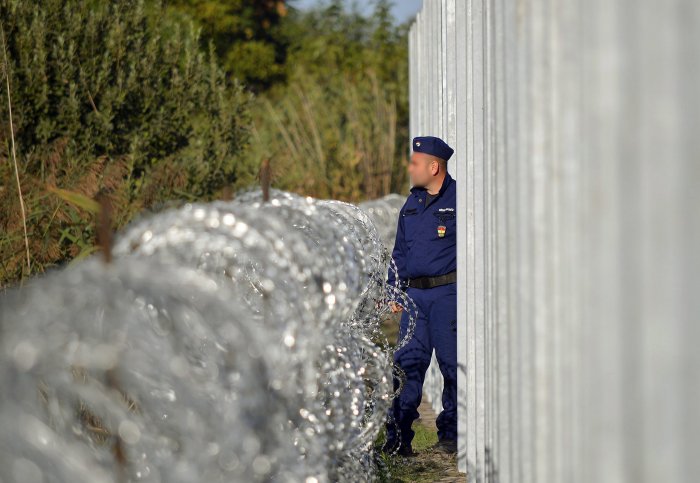



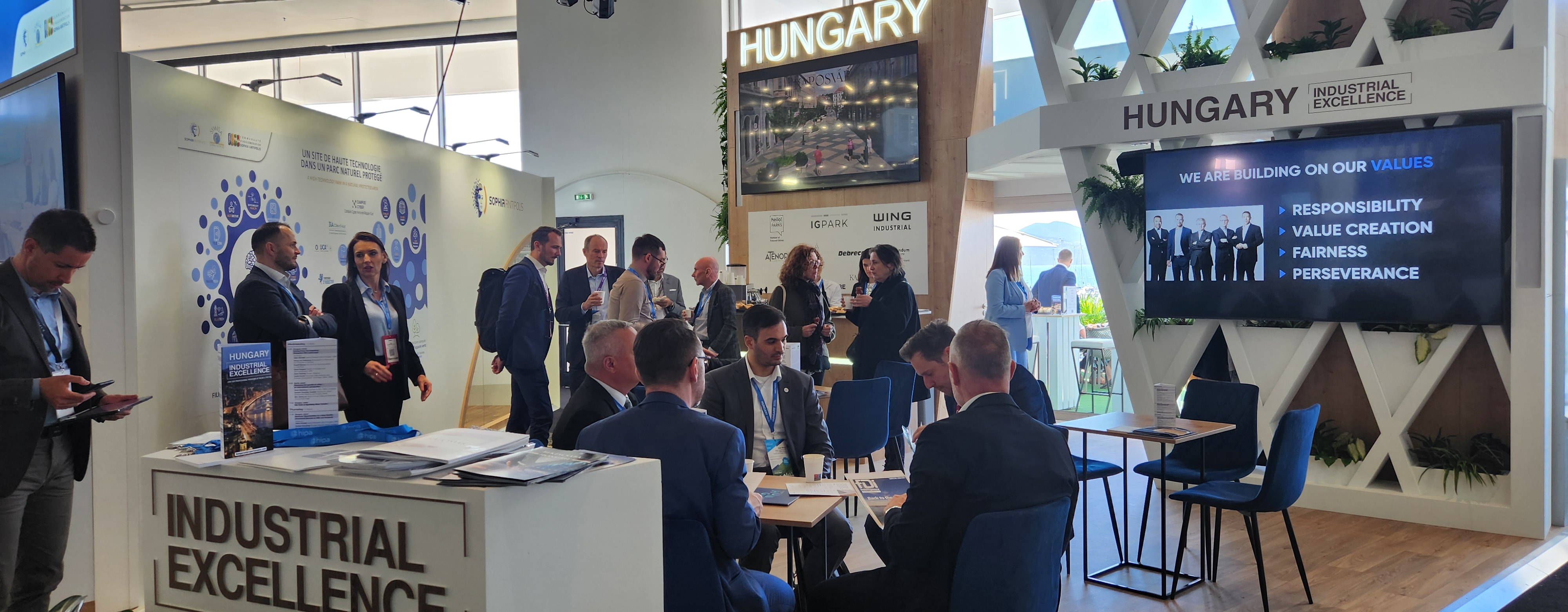
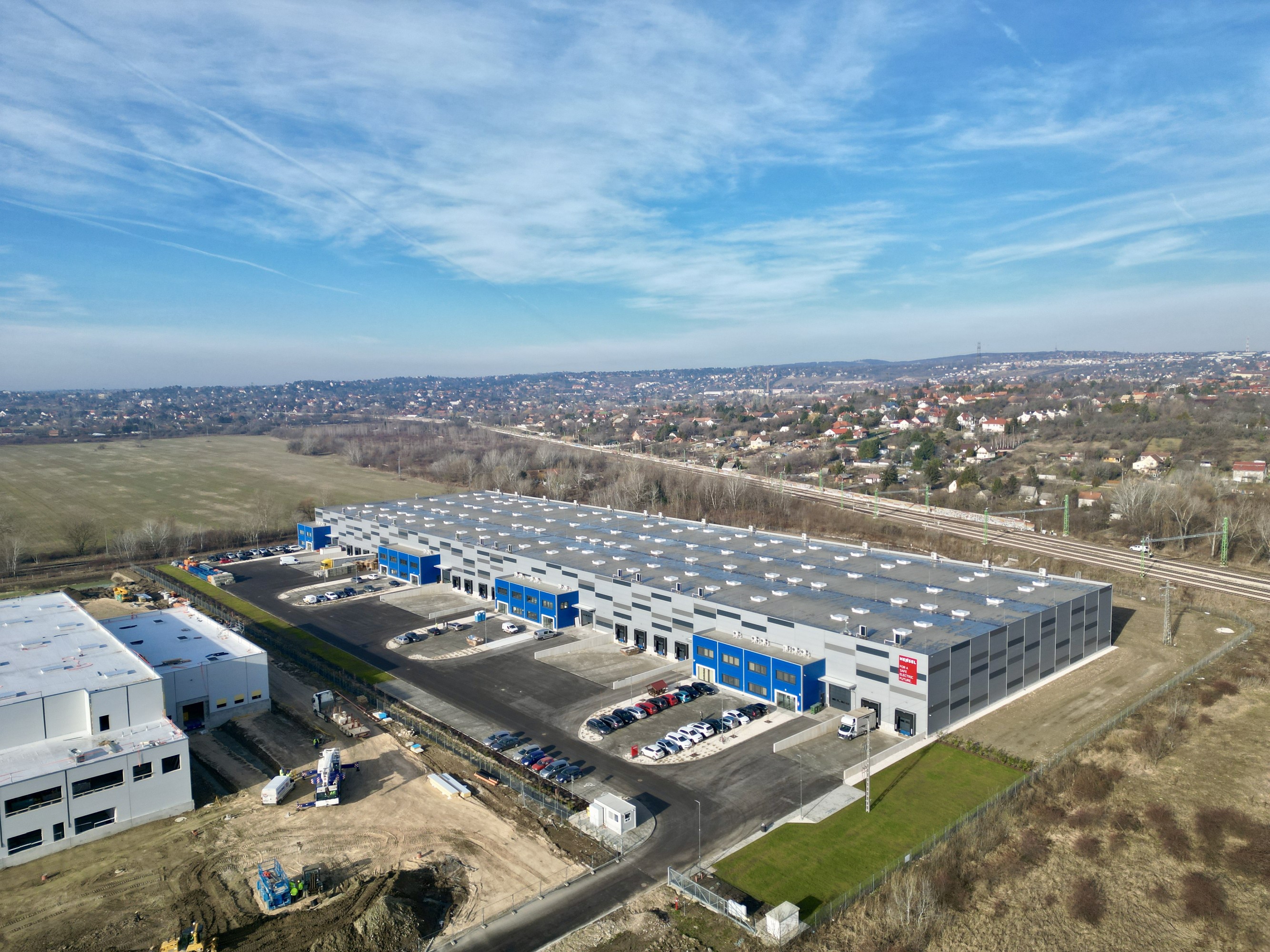
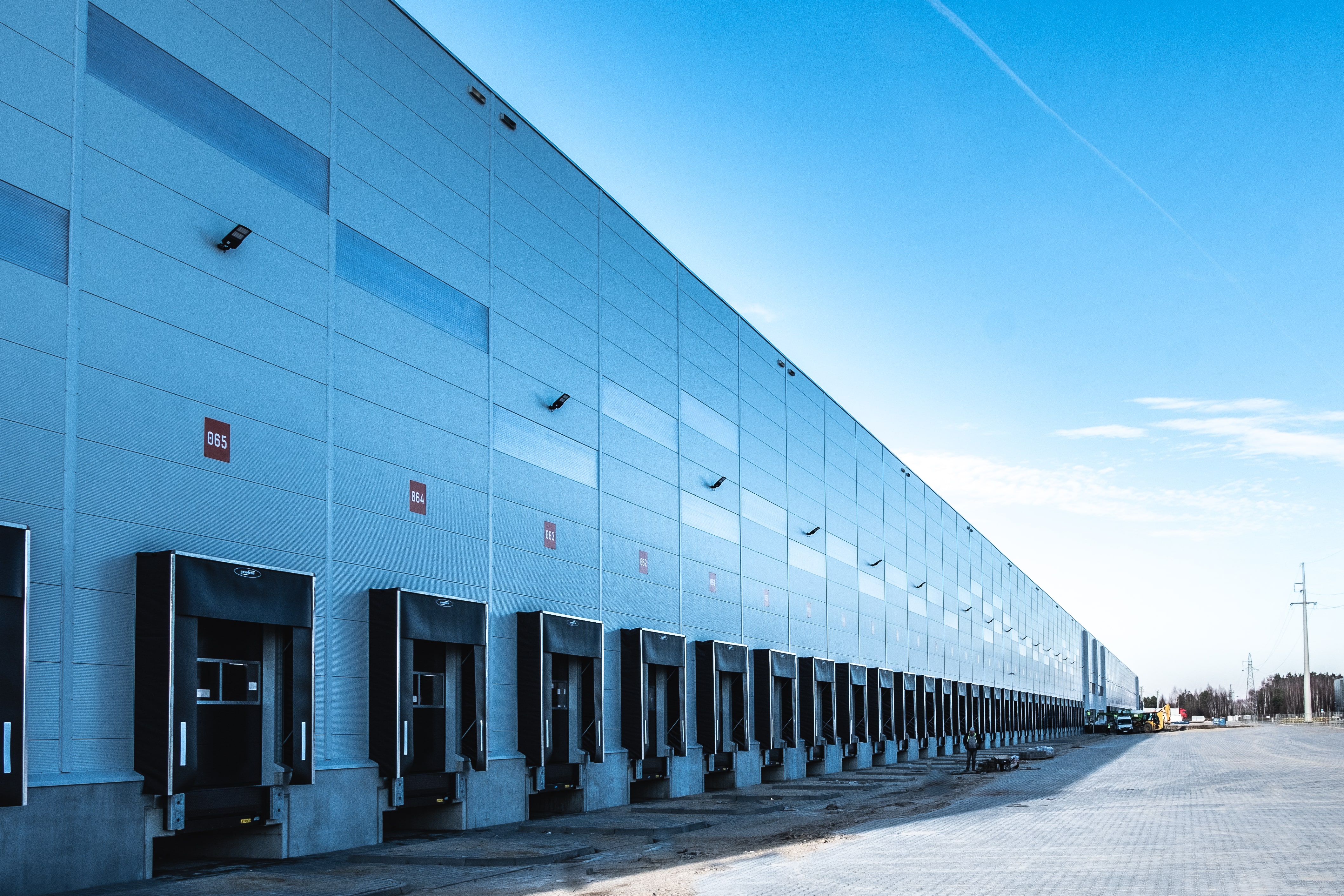
.png)
